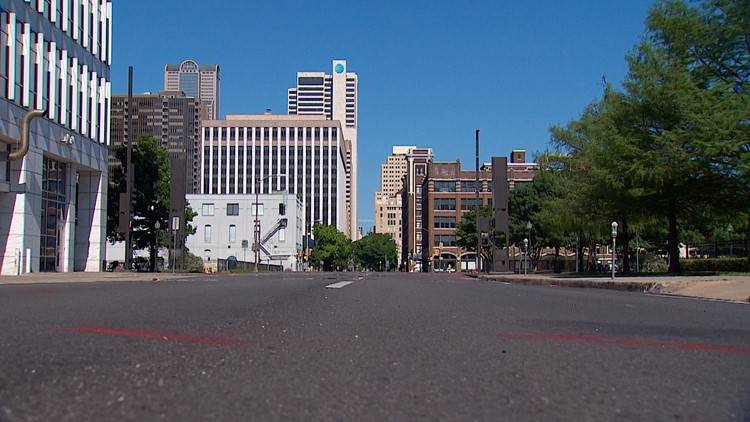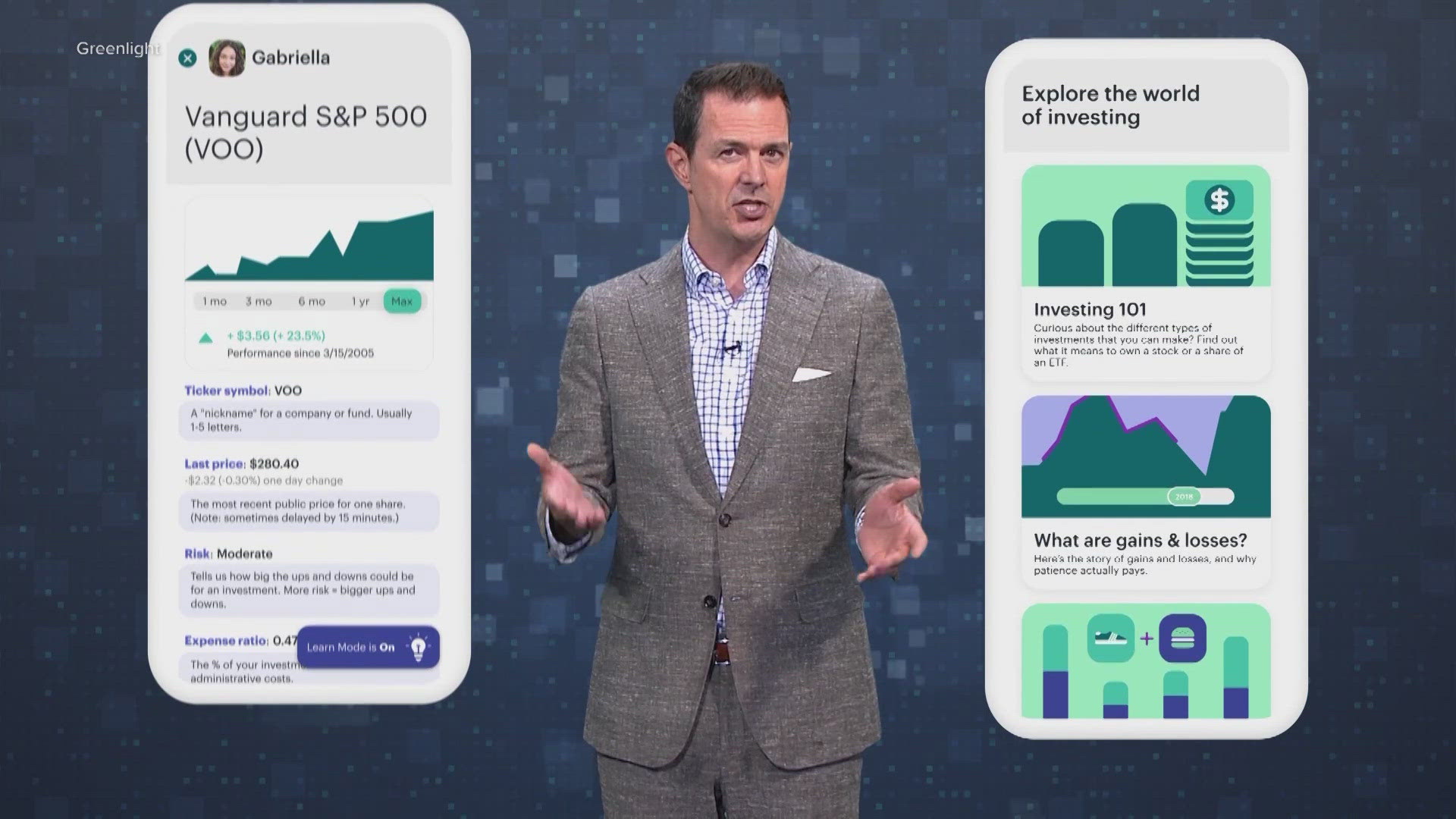Welcome back to “On the Agenda,” the Dallas Business Journal column that scours city, county and other agendas, minutes, meetings and documents to see how North Texas entities are spending money and otherwise deciding matters of importance to the business community.
In this edition, we drill down into how the coronavirus is affecting the City of Dallas budget for this year and next.
Tips for "On the Agenda" can be emailed to bhethcock@bizjournals.com.
The City of Dallas will receive more than $329 million identified so far from the federal government, state money and other grants to respond to the COVID-19 pandemic and the virus’ economic implications. Roughly $234 million of the $329 million is through the federal Coronavirus Aid, Relief and Economic Security (CARES) Act, Elizabeth Reich, the city’s chief financial officer, said during a city council budget briefing June 17.
Reich, in the briefing, provided an update on this year’s budget considering the significant revenue loss the city has experienced already, and she launched the conversation on the upcoming biennial budget.
“Today we’re in listen mode when it comes to next year’s budget and will be back in August with the city manager’s recommendation having distilled your guidance and input,” Reich said.
“We are taking a comprehensive approach to the COVID-19 budget,” Reich added. “We are integrating all of our available funding. We did receive a large piece of direct funding from the federal government, but we also received some grant funding and a little bit of private funding.”
Painting the big-picture, Reich said the funding is being integrated into the budget in three broad categories and in the following amounts: Public health and safety, $145 million; community resilience and recovery, $81.7 million; and service delivery, $102.2 million.
Under public health and safety, the biggest piece of funding goes toward homeless assistance, at $34.1 million, according to a presentation available here.
The amount includes not only CARES Act funding, but also Community Development Block Grant and other funding targeted for homeless assistance, Reich said.
Switching to the broad category of community resilience and recovery, the big-ticket line item is rent, mortgage and utility assistance, at $20.1 million.
Most of the $329 million must be spent by the end of this calendar year, according to the conditions of the grants.



